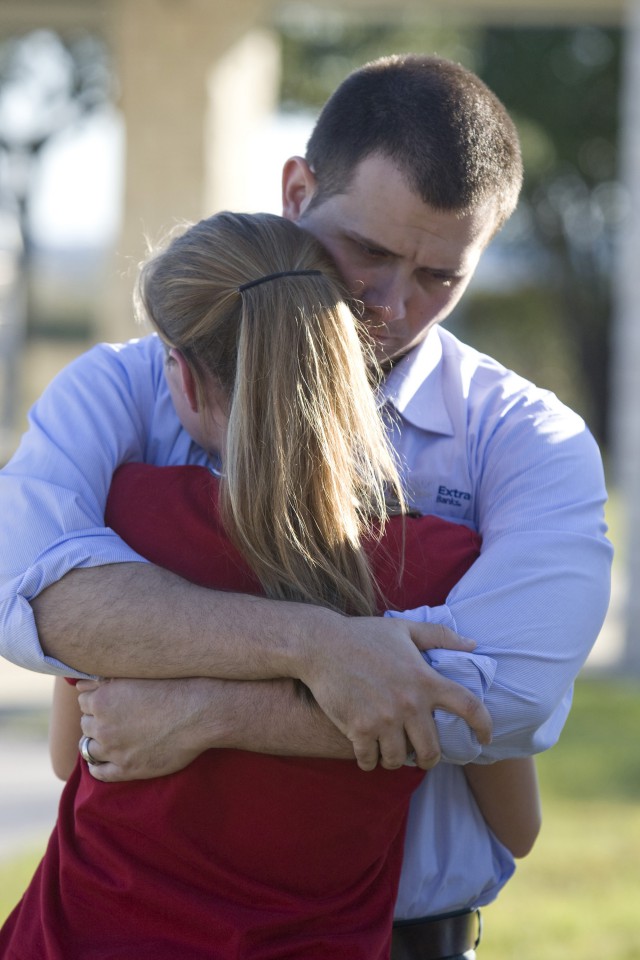
See also:
- Army
psychiatrist kills 11, injures 32 on Texas military base - Relatives
say war stories turned shooting suspect against military
DALLAS — Soldiers slaying fellow soldiers may be rare, but
it is as old as the history of the U.S. military itself. Thursday’s mass
killings at Fort Hood stand out as among the worst ever, however.
“This is really, really rare stuff,” said Roger
Beaumont, professor emeritus at University of Texas A&M University who has
spent his career studying the modern military. “It is very rare to have an
officer as a protagonist in a shooting like this.”
“I don’t recall any officer homicides (like
this),” said Eugene Fidell, a military law professor at Yale University
and president of the National Institute of Military Justice.
Army officials said the shooter, Maj. Nidal Malik Hasan, was
not only an officer, but also a licensed psychiatrist. He had recently been
transferred from Walter Reed Army Medical Center in Washington, D.C., and had
been told he was to be deployed to the Middle East.
Fidell, who continues to represent soldiers and their families
as an attorney, said despite the stress placed on soldiers in the current wars
in Iraq and Afghanistan, few object so strongly to wartime assignments they
resist them.
“There have been very few. People who are ordered to
go, basically go,” he said. “Or if they don’t, the military finds a
way to handle out of the public eye.”
Still, as the wars in Iraq and Afghanistan have dragged on,
the number of soldiers who try to end their service prematurely or avoid
deployment has increased, said Guy Womack, a Houston lawyer and former Marine
officer who now represents soldiers in courts marital martial.
“We’ve seen a rash of desertion cases, a huge increase.
But for someone to act this way, to lash out violently, that is really
unusual.”
Six years ago, another soldier with misgivings about the
U.S. war in Iraq raised red flags among his superiors about his fitness to be
deployed for the invasion of Iraq.
Sgt. Hasan Akbar, a college-educated engineer born Mark
Fidel Kools in California, was deployed anyway. Days before the invasion, he
launched a rifle-and-grenade attack on the eve of the 2003 invasion of Iraq,
killing two officers and wounding 14 others in Camp Pennsylvania in the Kuwaiti
desert.
Soldiers who do open fire on their comrades have usually
done so as a result of combat stress, or sudden rages after a fight.
“Historically, you might have had a mutiny,” said
Alejando de Quesada, author of more than 20 books on military history.
“In 1905, the Russian Navy mutinied against its officers
immediately after the Russo-Japanese war. But those uprisings were mainly over
maltreatment by the officers. It’s very unusual in history for soldiers to act
out against the war itself.”
Via McClatchy-Tribune News Service.














